The Best Answer for "Do You Have Any Questions for Me?"
• Maintain Eye Contact and Smile • Pause & Buy Time to Think • Give a Preliminary Response • Deliver Your Answer in 3 Parts • End with a Closing Statement • Ask them Your Own Question •
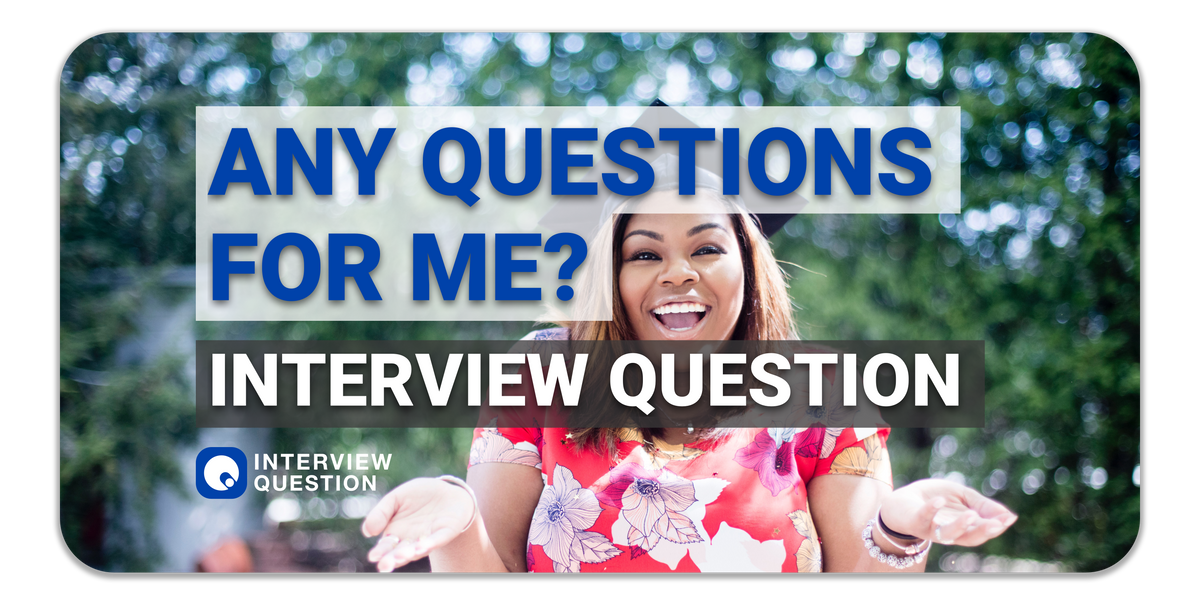
If you are ever asked the question "Do You Have Any Questions for Me?" by a hiring manager, this article will provide directions on how to respond. You could have had some questions prepared (if you've done some kind of prep work beforehand) but knowing exactly how to answer is a different world altogether when you are in the hot seat.
Step 1: Maintain Eye Contact and Smile
No matter how you answer the question, maintain eye contact with your interviewer and smile. This will show confidence in yourself. If you are unable to maintain eye contact, this sends the message that you don't exactly know how to answer or that you are unsure of yourself. Body language is something that is very hard to control and unfortunately, most humans are unable to do so. But if you are aware (I'm telling you now!), attempt to control or at the very least limit the amount of information that is transmitted to the interviewer by your body language.
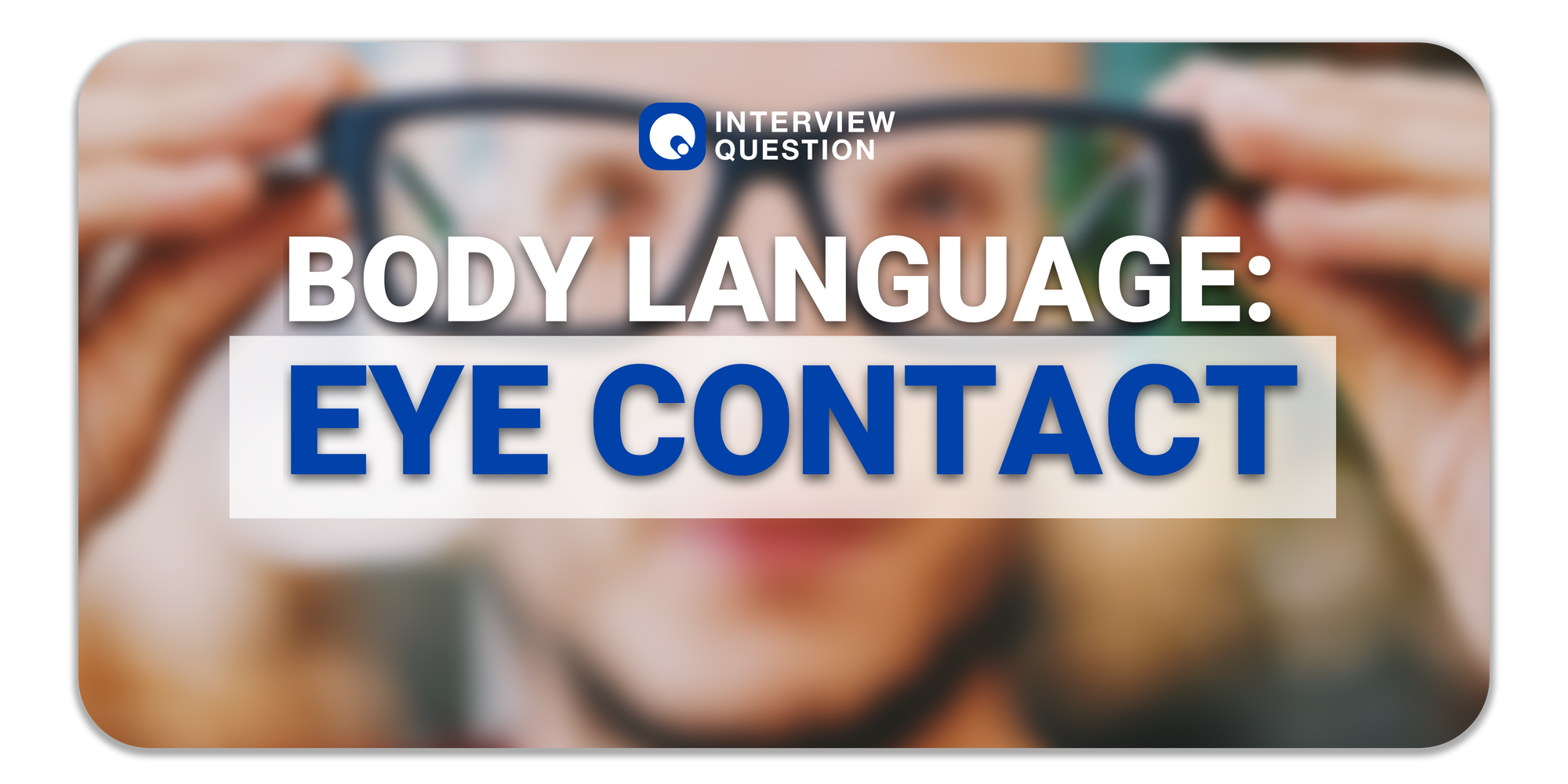
Step 2: Pause & Buy Time to Think About the Question
You should never be caught off guard by any questions your interviewer may ask. Pause and buy some time to think through your answer. This will effectively put the ball in your court. It will put your interviewer with a sense of uncertainty because they now have to wait for you to finish thinking about your response. This creates suspense. By pausing, you are also able to regain control of the situation by composing yourself.
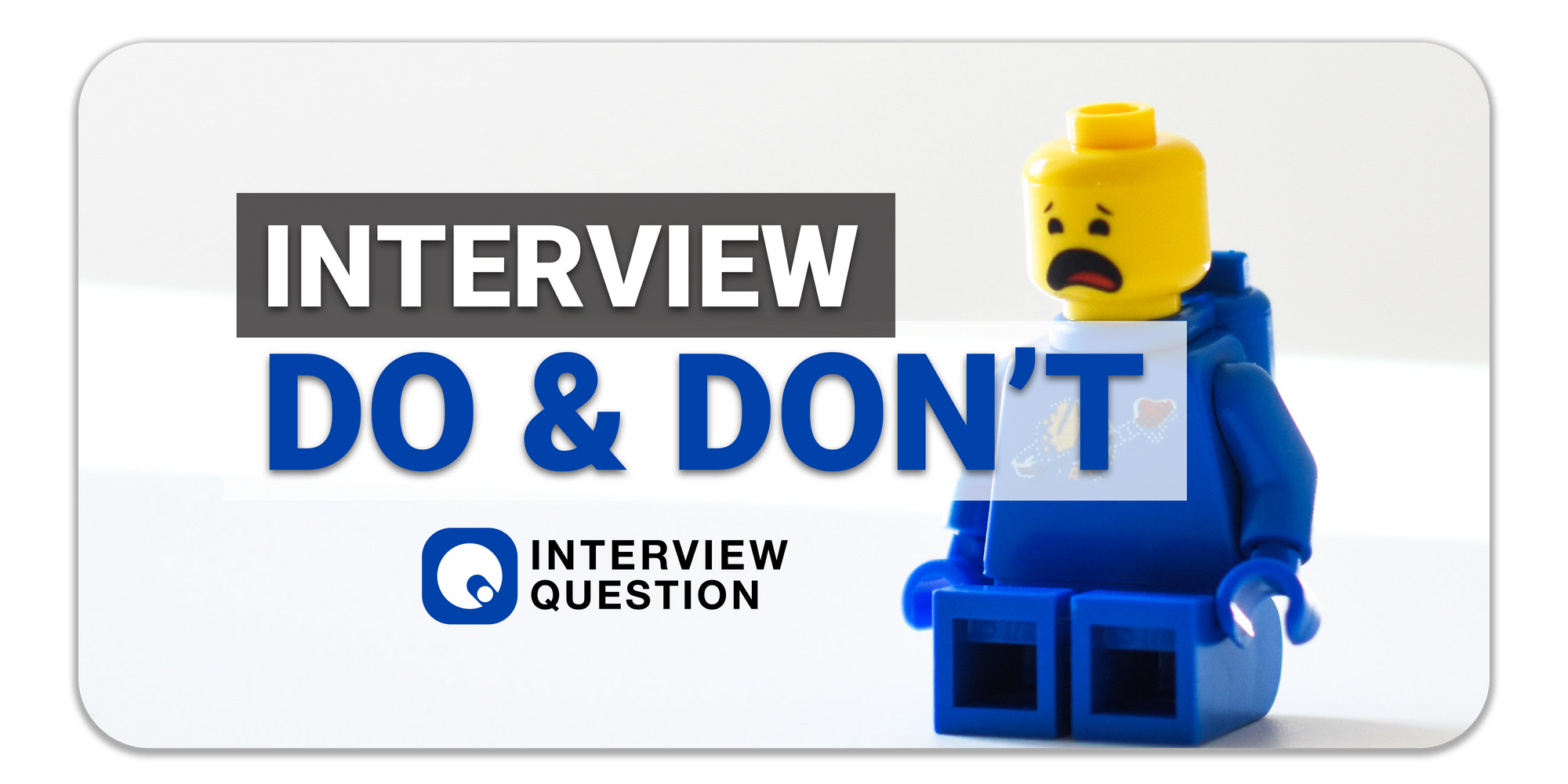
Step 3: Give a Preliminary Response
A basic response of "Yes, I do have some questions for you." is sufficient to give your interviewer some indication that you have questions for him/her. A short response prevents you from being too quick and firing your points like a bullet train. This response will also create an opportunity for the interviewer to add comments which may end up changing your prepared response.
Step 4: Deliver Your Answer in Three Parts or More
Break down your reply into three or more parts and deliver your points in an organized fashion. A structured response shows your logical line of reasoning behind your response. This will also provide you the opportunity to add relevant supporting information which gives your interviewer more information to draw their own conclusion from. Having to give multiple points will also create more time for questions and allow time for your interviewer to add on comments to what you have said.
Step 5: End with a Closing Statement
This will allow you to make sure that your answer is complete. It will also leave your interviewer with more of a sense of closure so that they can now move forward. It will also give them an opportunity to ask more questions which would be beneficial in the long run. This is important especially if your answer does not satisfy them and/or their expectations and also gives the interviewer a chance to clarify anything that is unclear or wrong.
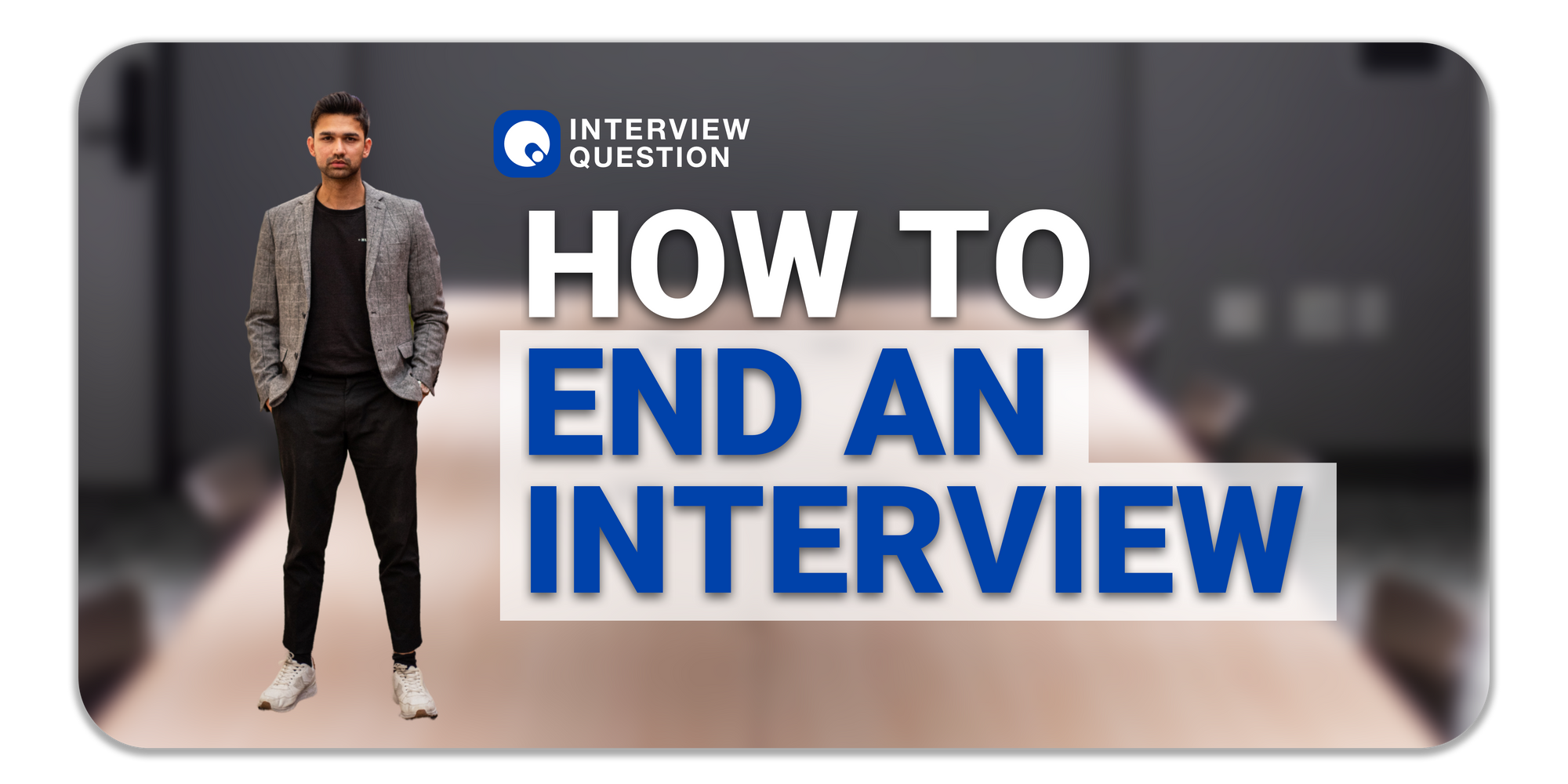
Step 6: Ask them Your Own Question
At the end of the interview, ask your own question or if you have time, inquire about what skills or attributes are required to succeed in the job. This will further demonstrate your interest in the position and show your initiative. Where possible, prepare 2 to 3 questions to ask your interviewer, and your question should be about the company or the position you are interviewing for. These questions should not be about salary, benefits or vacation time because the focus of the interview is about how well you can do the job, not how good the company's benefits are.
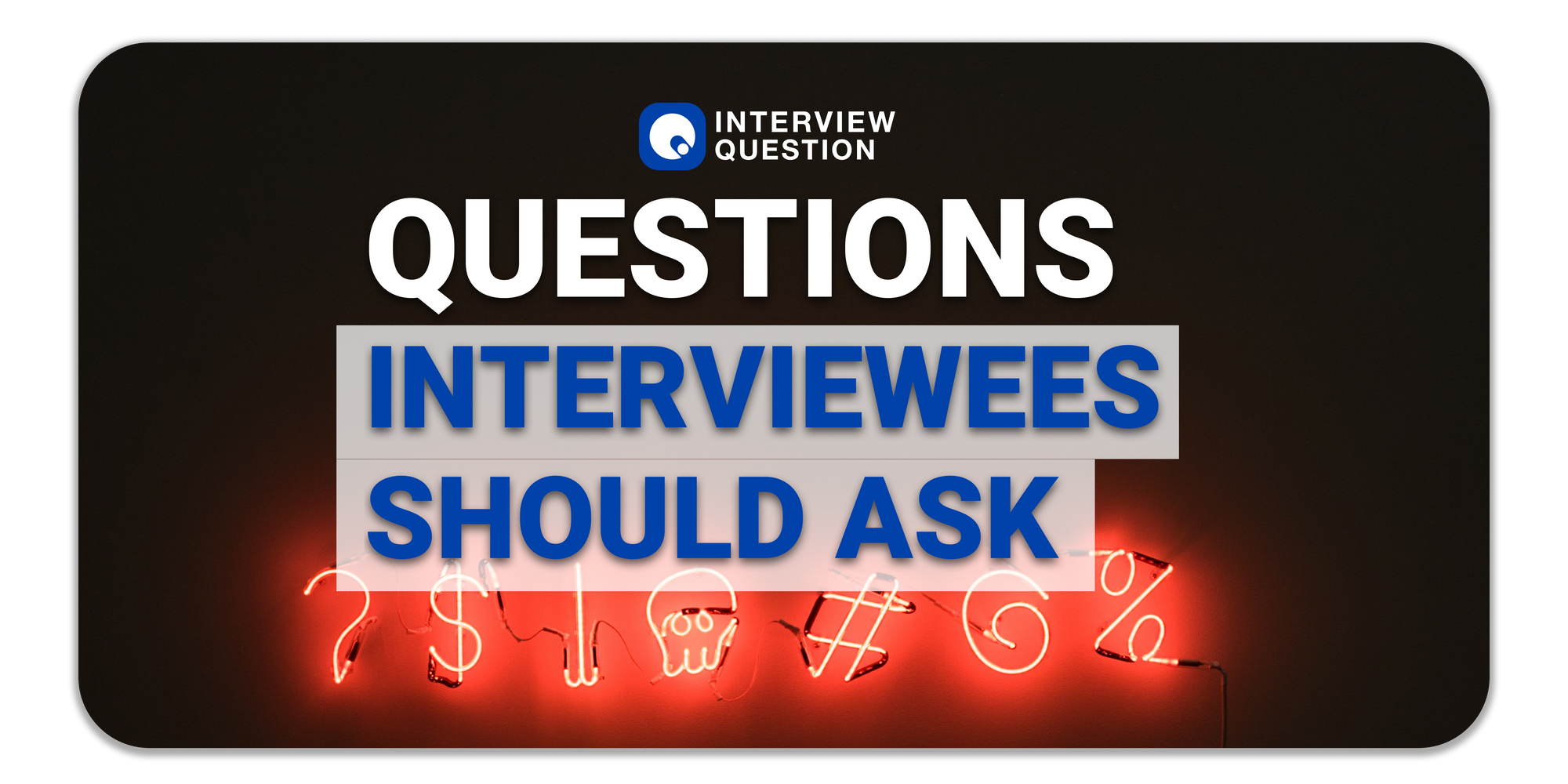
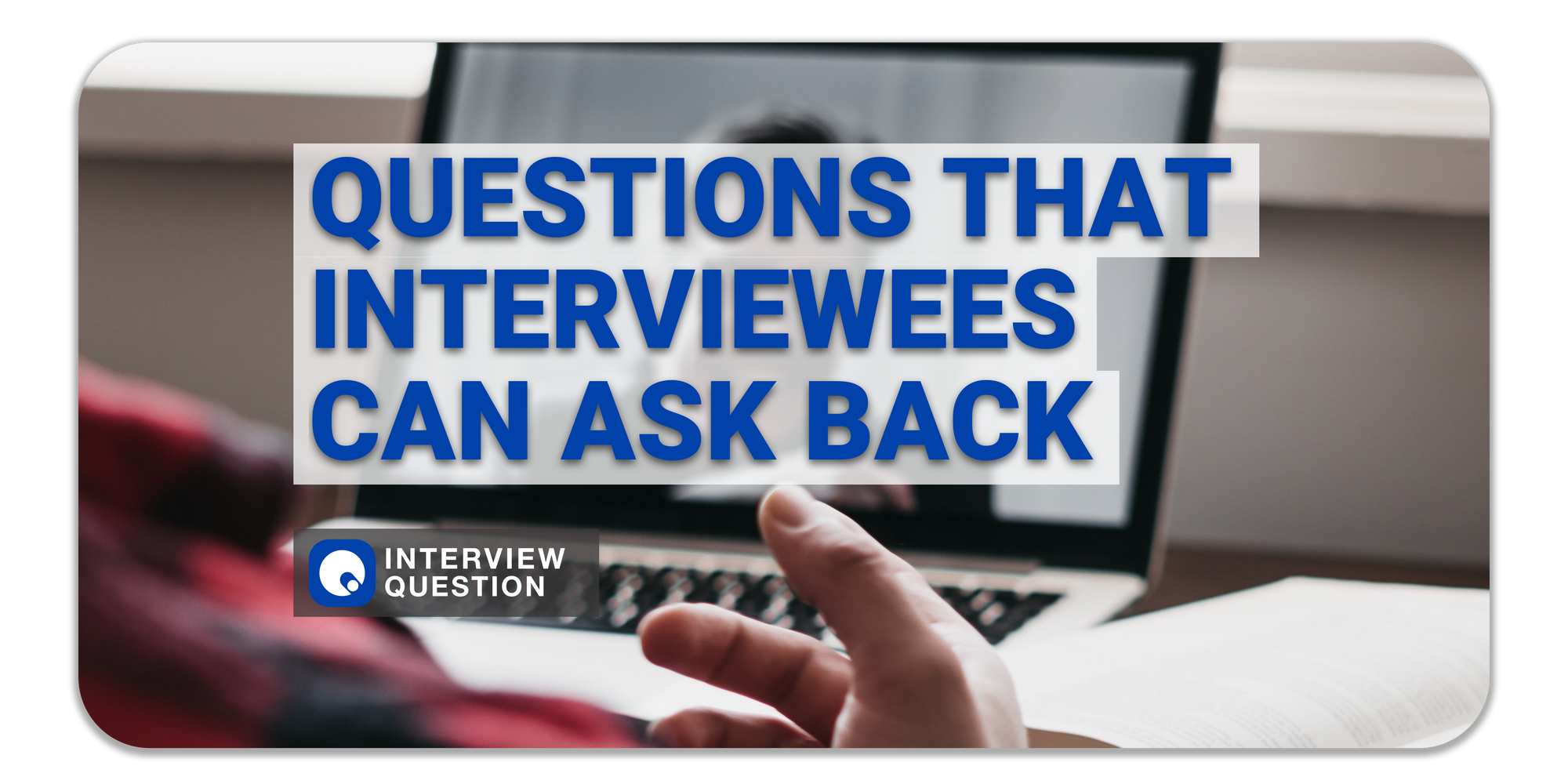
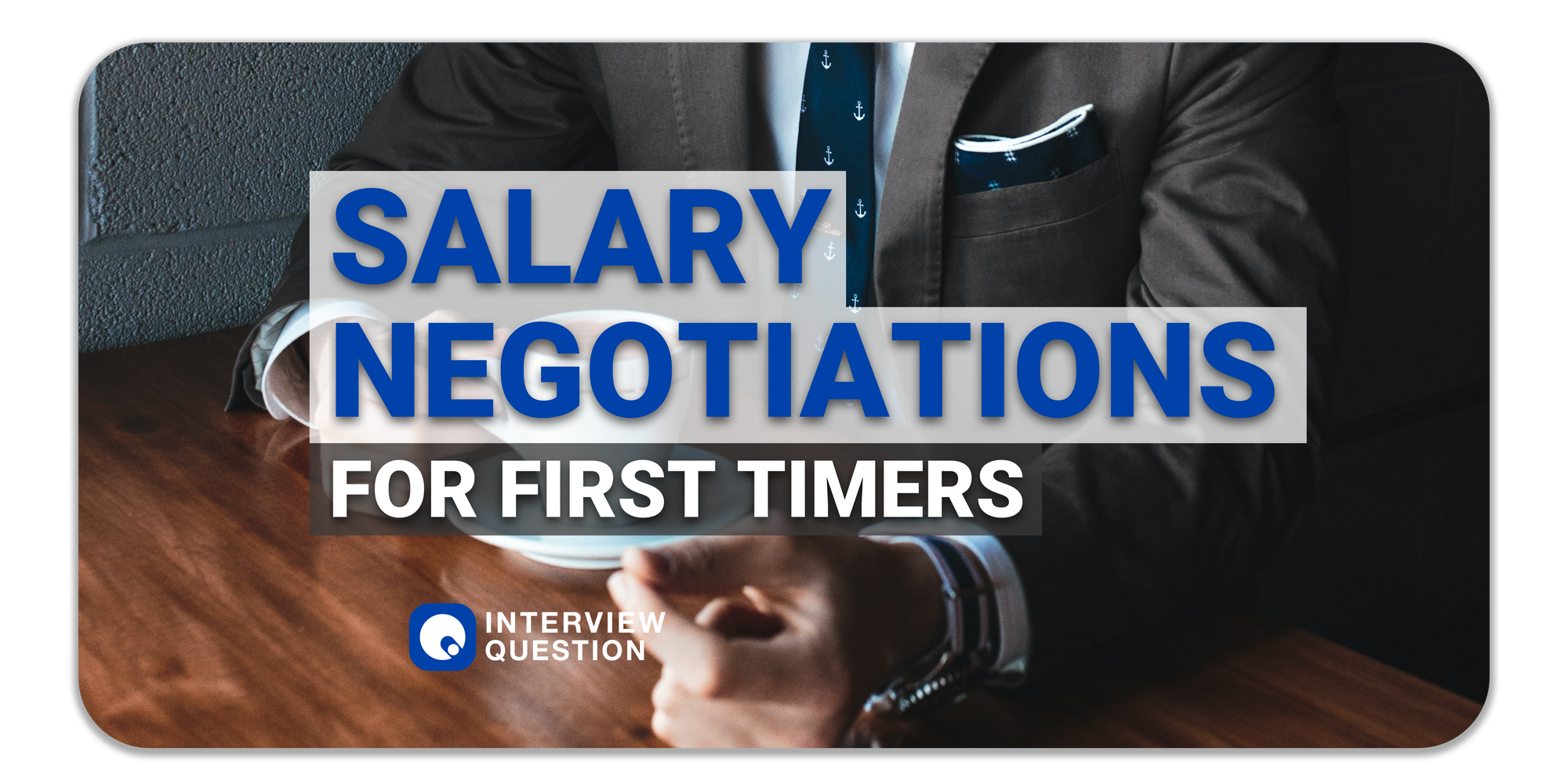
Conclusion
Ultimately, the whole point of this question - "Do You Have Any Questions for Me?" - is used as a conversational tool. So far during the interview, you may have realized that the conversation is like a one-way traffic, with questions thrown at you, but you don't get any information out from the other party.
As an interviewee, you should respond in a way to show that you are interested and have researched your potential position (a.k.a you have done your homework!). This will demonstrate that you care about the company and yourself enough to ask questions.
After ending the interview, follow up with the company to check on the progress.


